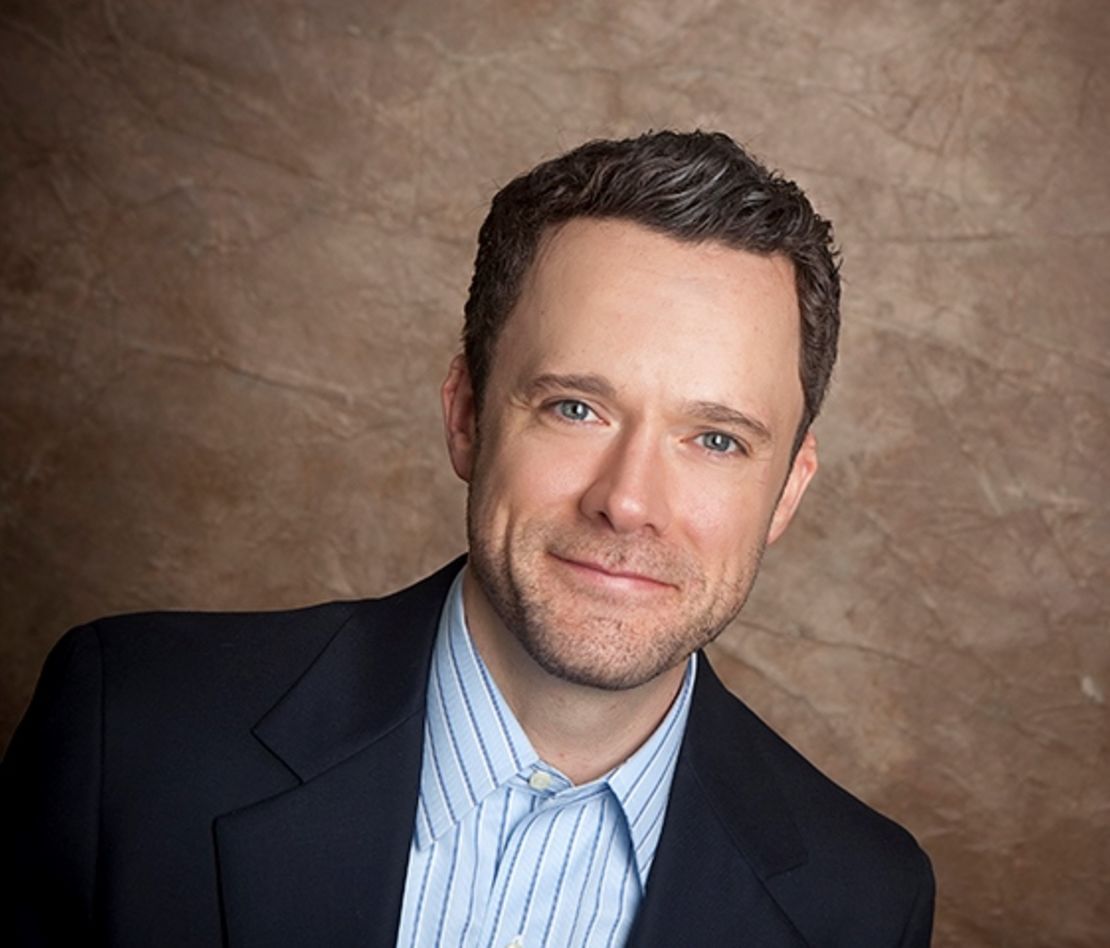Editor’s Note: Patrick R. Krill is an attorney, clinician and board-certified, licensed alcohol and drug counselor. He is the director of the Legal Professionals Program at Hazelden Addiction Treatment Center.
Story highlights
Patrick Krill: Lawyers are reviled and revered, guardian of liberties and butt of jokes
But they are also much more likely to commit suicide than general population
Lawyers prone to depression; job, personality traits make coping with it difficult
It's up to the profession to acknowledge the problem and provide support
If you accept that all human life has value, and that suicide is a cruel and devastating end, you might conclude that a segment of society whose members are three to six times more likely to kill themselves might deserve some extra attention and resources. Makes sense, right? Of course.
Now, does your answer change at all if I tell you that the group I’m referring to is lawyers? Be honest. And no, this isn’t the setup for a punch line.

Sometimes revered and sometimes reviled, lawyers are both the guardians of your most precious liberties and the butts of your harshest jokes. Inhabiting the unique role of both hero and villain in our cultural imagination, lawyers play a key part in the proper functioning of society while also repelling any tendencies for people to feel sympathy or compassion toward us as human beings.
And the fact that we repel those tendencies is unfortunate, mostly because of one important thing we do differently from all but a few other professions: kill ourselves with shocking frequency. The propensity of attorneys to die at their own hands is a very grim and under-reported aspect of practicing law.
That was highlighted when an especially large number of Kentucky attorneys committed suicide last year. Suicide is a hazard so real that it is the third leading cause of death in the profession. By comparison, suicide is only the 10th leading cause of death in the general population.
So, why are lawyers far more prone to ending their own lives than almost everyone else? Part of the answer lies in their significantly heightened rates of depression and substance abuse. Studies have shown that lawyers are more than three times more likely to be depressed than others, and roughly twice as addicted to alcohol or other drugs as the rest of the population. A Johns Hopkins study found lawyers have the highest rate of depression of any profession. And, while not all people who are depressed commit suicide, a majority of those who commit suicide are depressed.
Similarly,people who struggle with substance abuse are about six times more likely to kill themselves. These are discouraging numbers to be sure, and maybe the old wisecrack about hundreds of lawyers at the bottom of the ocean being “a good start” isn’t as funny when we understand how many are actually drowning.
But what’s behind those extreme rates of depression and substance abuse? That answer is less straightforward, but the rampant, multidimensional stress of the profession is certainly a factor. And not surprisingly, there are also some personality traits common among lawyers — self-reliance, ambition, perfectionism and competitiveness – that aren’t always consistent with healthy coping skills and the type of emotional elasticity necessary to endure the unrelenting pressures and unexpected disappointments that a career in the law can bring.
Why are some lawyers killing themselves?
Despite whatever preconceptions or judgments many people may have of lawyers and the work they do, there are some facts about the practice of law that can’t be denied: It’s tougher than most people think and frequently less fulfilling than they would ever believe.
The psychologist Rollo May famously defined depression as “the inability to construct a future.” And, unfortunately for many attorneys who define their existence by a hard-earned membership in the legal profession, the powerful despair they experience when that profession overwhelms and demoralizes them doesn’t leave them much psychological real estate for constructing a future they can believe in.
Not a future where the practice of law will be what they hoped for, not a future where their lives will have balance and joy, and not a future where their relationships will bring fulfillment and their stresses will seem manageable. They just can’t see it. Unable or unwilling to extract themselves from the psychological, financial and personal mire they never would have expected years of hard work and discipline to bring them, many lawyers then find themselves sinking into a funk, a bottle or a grave.
If you’re asking yourself whether you’re supposed to now feel bad for lawyers – as unnatural an emotional response as many people could ever have toward our profession – the answer is no. Ultimately it is up to the profession itself to tackle this problem openly and honestly, and to increase its efforts and funding to reduce the staggering rates of depression and substance abuse that leave so many lawyers, judges and law students reeling or dead.
But perhaps you can feel more aware and compassionate. In turn, that awareness and compassion will spread and those who might be at the end of their rope will be encouraged to reach out and ask for help – help that just might take the death sentence off the table.
Follow us on Twitter @CNNOpinion.
Join us on Facebook.com/CNNOpinion.
The opinions expressed in this commentary are solely those of Patrick Krill.



